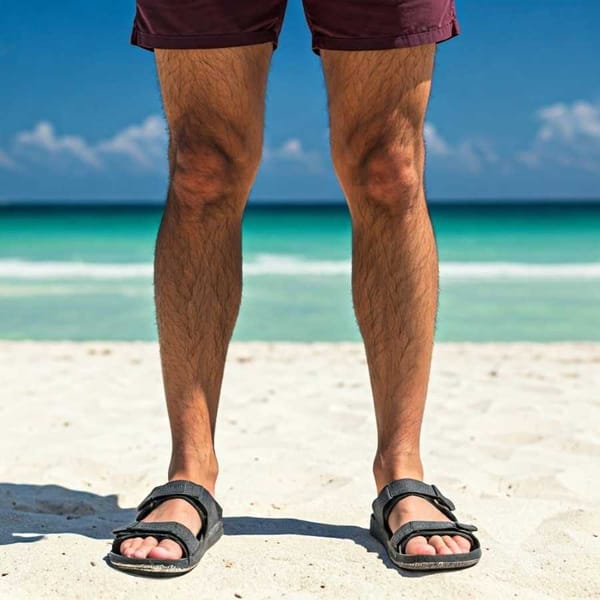The extensive career of director Alberto Isaac with the films "El rincón de las vírgenes" and "Tívoli"
Alberto Isaac, Mexican filmmaker, painter, cartoonist, and Olympic swimmer, died. Director of 13 films, nominated several times for the Diosa de Plata awards and 44 times for the Ariel Awards, winning 11. He directed more than 15 feature films, including "En este pueblo no hay ladrones".

Alberto Isaac, Mexican filmmaker, painter, cartoonist and Olympic swimmer, died on January 9, 1998. An important promoter of national cinema, he won 11 Diosas de Plata and his documentary "Olimpiadas de México" was nominated for an Oscar in 1969. His works include "En este pueblo no hay ladrones", "El rincón de las vírgenes" and "Tívoli".
One of the key figures in the transformation of cinema in the 1960s, towards the path of the experimental and critical, was director Alberto Isaac Ahumada, an emblematic figure of national cinema who, despite not having a vast filmography, was part of a new wave of directors who opted for a more experimental cinema.
He was not only a great promoter of national cinema but also an Olympic competitor who was known as "La flecha colimense", a national representative in various international swimming competitions, and winner of several gold medals. He was a multi-nominated filmmaker for the Diosas de Plata and Ariel awards, and throughout his career, he won 11 of these awards, including the Ariel de Oro for the film Mariana Mariana (Mexico, 1987).
Alberto Isaac ventured into documentary, drama, and fiction, almost always inspired by the texts of his great friends and contemporaries, such as Gabriel García Márquez, who wrote the text for his opera prima "En este pueblo no hay ladrones" (Mexico, 1965), or José Emilio Pacheco, author of "Batallas en el desierto", the book that inspired Mariana, Mariana and whose screenplay was written in collaboration with Vicente Leñero.
After a long career as a teacher and Olympic competitor, Isaac Ahumada, in the mid-sixties, ventured into filmmaking thanks to the first Experimental Film Contest, which he himself and his dear friend Julián Pastor promoted, who recalled how they carried out that event that allowed them to debut in filmmaking, as director and actor respectively, with the above-mentioned debut film.
The contributions that the filmmaker who was also known as "El güero" made to everything related to the national film industry, as he was a founding member of the Mexican Institute of Cinematography and was part of the negotiations for the construction of the -at that time new- Cineteca Nacional, as he was convinced that young filmmakers should have a space where Mexican productions were preponderant.
The filmmaker Alberto Isaac (18 March 1923 – 9 January 1998) spent his last days in a town in Colima, the state that welcomed him for many years and where he made many of the pieces that make up his filmography, and where the ashes of the great national filmmaker rest in the sea.




